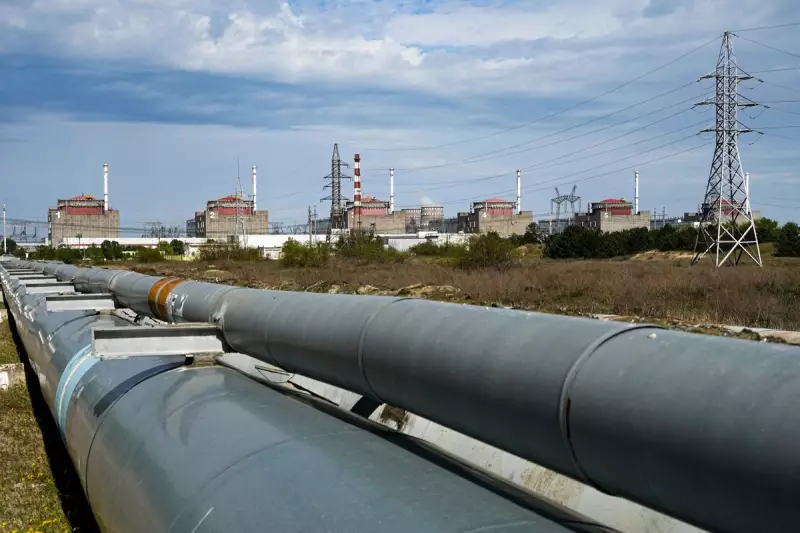
The International Atomic Energy Agency has issued a grave warning about the deteriorating safety situation at the Zaporizhzhia Nuclear Power Plant, Europe's largest atomic facility, following the loss of multiple external power lines.
Critical Infrastructure Under Threat
According to the UN's nuclear watchdog, the plant - currently under Russian military control - has lost connection to its last remaining main external power line, forcing it to rely on a single backup line for essential safety functions. This precarious situation represents what IAEA chief Rafael Grossi describes as "a major escalation of nuclear safety and security dangers" at the facility.
Emergency Protocols Activated
The plant's emergency diesel generators were activated temporarily to maintain vital cooling systems for the reactor cores and spent fuel, highlighting the fragility of the power supply. While one main power line has since been restored, the repeated disruptions have exposed the vulnerability of the facility's energy infrastructure.
"The situation at Zaporizhzhia is becoming increasingly unpredictable and potentially dangerous," Grossi stated during an emergency briefing in Vienna. "We're playing with fire when nuclear safety becomes collateral damage in military conflict."
Diplomatic Efforts Intensify
The IAEA has maintained a permanent presence at the plant since September, with experts monitoring the deteriorating conditions. Both Ukrainian and Russian authorities have been urged to establish a protection zone around the facility, though diplomatic progress remains slow amid ongoing hostilities.
Ukrainian energy operator Energoatom reported that Russian shelling damaged the remaining high-voltage power lines, leaving the plant dependent on its own electricity generation through just one working reactor. This creates what nuclear experts call a "dangerous precedent" for nuclear safety protocols.
International Community Responds
The unfolding crisis has drawn international concern, with European leaders calling for immediate de-escalation. The Zaporizhzhia plant normally supplies about 20% of Ukraine's electricity, though it has been operating at reduced capacity since the Russian occupation began in March.
With winter approaching and energy supplies already strained across Ukraine, the situation at Zaporizhzhia represents not just a nuclear safety concern but a potential humanitarian crisis in the making.






